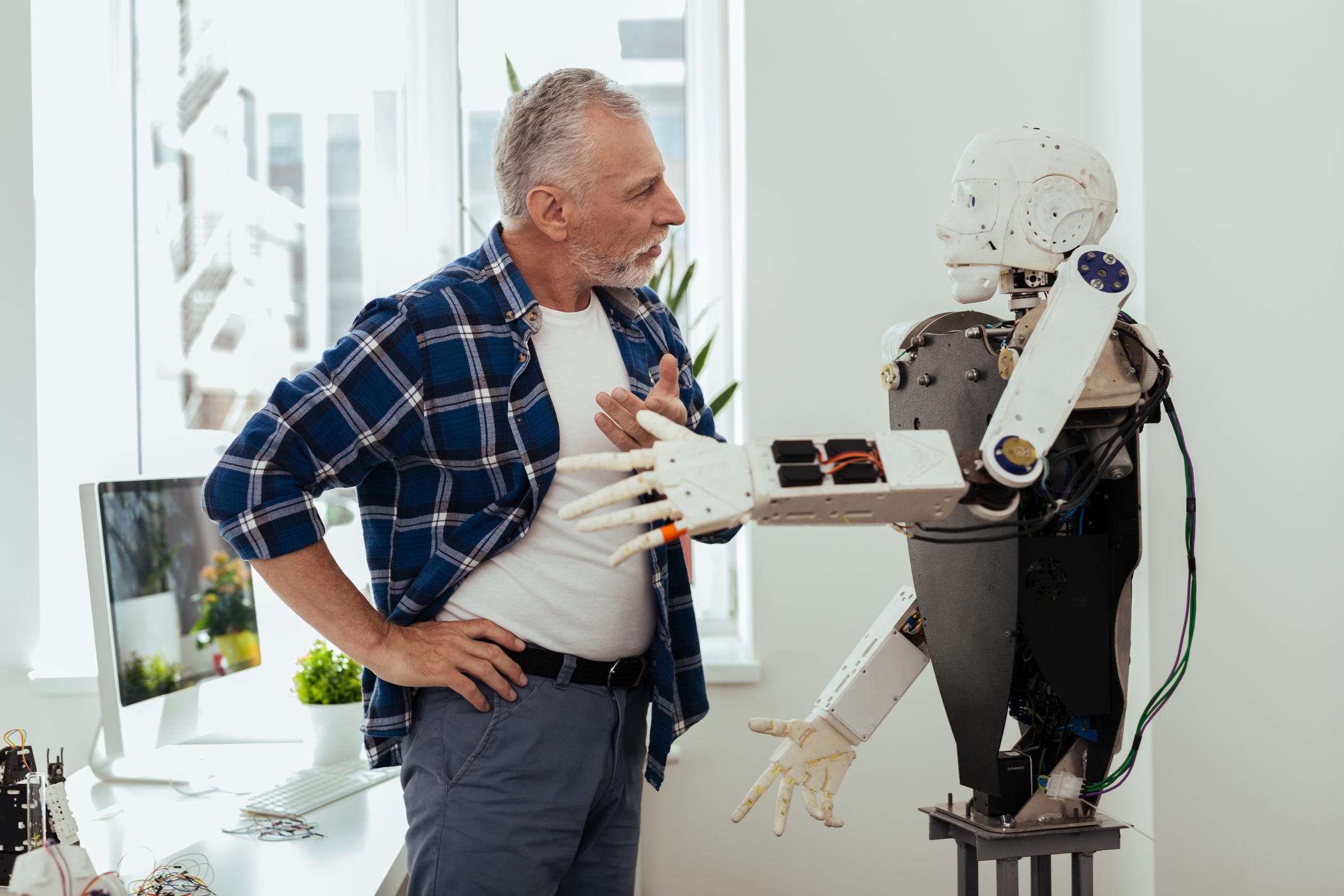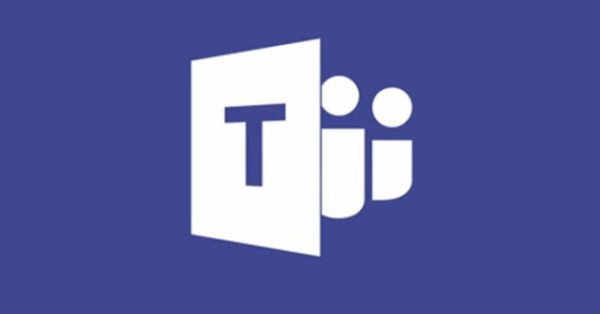
5 Technologies transforming the construction sector
According to Deloitte, the construction sector invests less in information technology than any other. Yet, just like every industry, construction is changing fast as disruptive new technologies present new risks and opportunities alike. We’re now living in what experts have dubbed the fourth industrial revolution, or Industry 4.0, in which connected solutions are changing the way people work.
Here are five exciting new techs shaking up the world of construction:
#1. Wearable tech
Wearable technologies (WT), like virtual reality (VR) headsets, are often thought of as consumer-grade tech. But with the rise of mixed reality systems like Microsoft’s HoloLens, WT is now making its way into construction too. A lot of these solutions are intended to improve workplace safety in high-risk environments like construction sites. For example, an augmented reality (AR) headset uses a heads-up display (HUD) to overlay instructions and other important information in real time. Bionic suits, which might still sound like something straight out of science fiction, are also appearing, providing ways for workers to carry out arduous physical tasks more easily and safely. Many well-funded and innovative startups are already building bionic exoskeletons for use in industrial, construction, and manufacturing environments.
#2. Drones
Unmanned aerial vehicles or drones are appearing on many construction sites to provide a bird’s-eye view of projects in progress or a detailed overview of the land before any work even begins. Drones can greatly improve the speed and accuracy of projects over land-based surveillance methods. However, they can also be useful for assisting on-site construction teams with information delivered in real time, gathering marketing collateral through high-definition photography, and enhancing surveillance and safety.
#3. 3D printing
3D printing, sometimes known as additive manufacturing, is a computer-controlled solution which creates three-dimensional shapes from digital models. 3D printers are now being used in construction to quickly create components and even entire buildings. Its main advantages are that it reduces labor costs and keeps wastage to a minimum. It also has some important implications for any projects undertaken in dangerous environments that aren’t suitable for human workforces.
#4. Artificial intelligence (AI)
Data is increasingly behind every business decision, and it’s only becoming more abundant with the rise of internet-connected smart technologies. The biggest challenge lies in identifying which data is important and making sense of it. With data set sizes increasing exponentially, more businesses are turning to AI for its ability to parse and analyze huge amounts of data.
In construction, as in any other sector, AI can improve productivity, automate many routine tasks, and eliminate the risk of human error. For example, sensors might be installed on materials and equipment to track how everything is moving into and around the construction site. Deep learning algorithms can then be used to identify and report on any errors or inconsistencies in the work performed.
#5. Project management software (PMS)
PMS can help construction companies save time and plan their projects more effectively. Combined with data analytics and AI, these powerful modern software solutions provide deeper project insights and help decision makers make better choices. Tools specifically designed for the construction sector are often heavily integrated with mobile functionality and internet-connected sensors to assist workers on the construction sites themselves. Other common features include the ability to track orders and expenses, streamline bidding processes, and coordinate schedules. Most solutions run in the cloud too, which is an essential function for today’s increasingly mobile workforce.
Red Key Solutions provides technology expertise and services to construction companies in and around New York. Call us today to schedule your first consultation.


